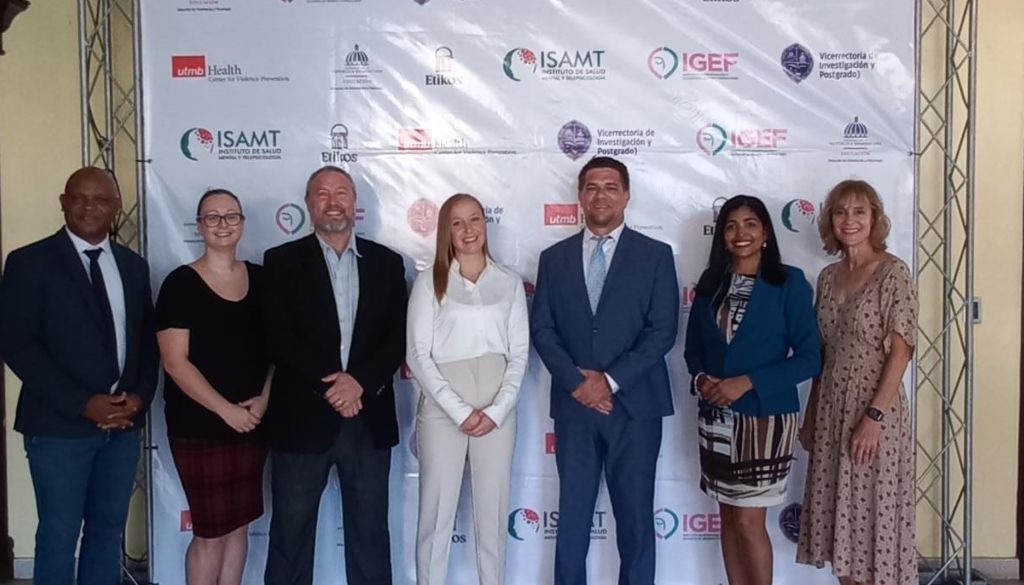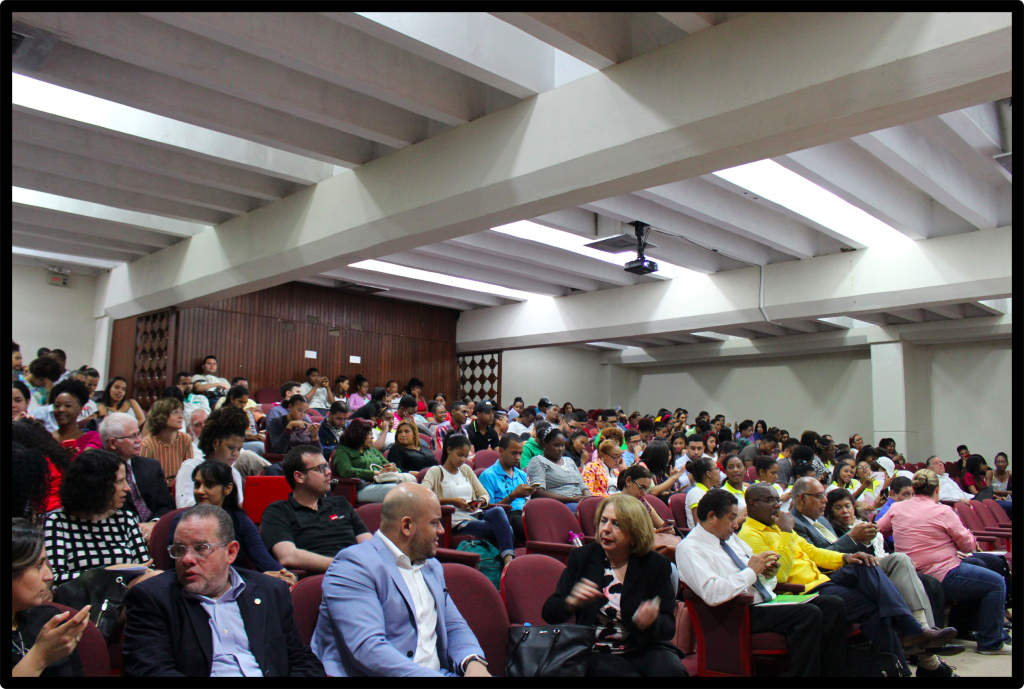Workplace Discrimination against People Living with HIV and AIDS in the Dominican Republic: The Results of a Study Sponsored by the Institute for Collaboration in Health
By: Rebecca Rubinstein, MPH candidate; Leonel Lerebours-Nadal, MD; Michael Goodman, MDiv, MPH, DrPH; Mina Halpern, MPH
Despite the declining prevalence of HIV in the Dominican Republic, employment disparities persist in People Living with HIV and AIDS (PLWHA) in the country. Forty-three percent of Dominican PLWHA are unemployed, compared to 10-20% of all working-age Dominicans. PLWHA confront barriers to employment including discrimination, stigma, and health problems. Discrimination often manifests when employers clandestinely and illegally test employees and applicants for HIV.
The highest proportion of HIV discrimination and stigma occurs in the southeast. The purposes of this exploratory pilot study were to estimate the magnitude of HIV+ patients in Clinica de Familia La Romana (CFLR), an HIV clinic in the southeast, that had experienced discrimination as an employee or applicant, to explore the severity patients’ stigma, and to assess patients’ comprehension of their rights to employment and legal defense.
Fifty-three Spanish-speaking HIV+ patients of CFLR ages 18+ were interviewed with closed questions. The main outcomes were patients’ scores on a Dominican-validated HIV stigma scale, the proportion of participants that experienced probable workplace discrimination, and the proportion of participants that correctly identified their right to employment and legal defense. Descriptive statistics (mean, median, mode, standard deviation, and proportions) addressed the study purposes and outcomes.
The HIV stigma mechanisms of Earnshaw and Chadoir’s (2009) HIV Stigma Framework guided the question design. Questions addressing participant blood testing and changes in employment were based in the enacted stigma mechanism. Questions addressing whether a participant continued to work or apply for a job that required testing are based in anticipated stigma. The HIV stigma scale includes aspects of each mechanism.
The positively skewed distribution of stigma scores had a mean of 12.6 (±4.8), a median of 14, and a mode of 18, where 0=no stigma and 18=high stigma. 7 of 12 job applicants required to complete blood testing chose not to apply for the job. 4 of the remaining 5 applicants never received testing results. 15 of 20 employees required to complete blood testing never received results while 17 suspected the results were sent to employers, and 14 lost their positions. While 70% of participants had heard of the HIV/AIDS Law, 70% were unaware that workplace HIV tests are illegal. Forty percent of participants were unaware of their right to legal defense. The results suggest that increased patient counseling, education, and support reaching legal assistance are needed. A cohort with HIV- controls could ascertain whether prior discrimination is associated with subsequent employment outcomes.



